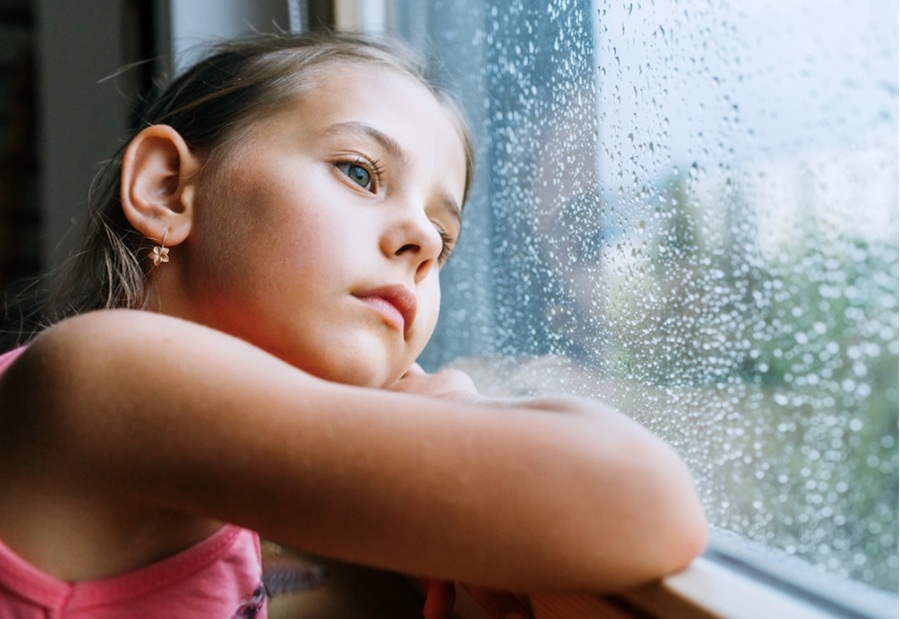Rome, May 29, 2025 – Around 3,500 minors in Italy have lost their mothers to femicide, according to new national data. The figure comes from the Independent National Observatory on Femicide Orphans, which monitors the impact of gender-based killings.
Its president, Stefania Bartoccetti, spoke on Thursday to the Parliamentary Commission of Inquiry on Femicide.
“Special orphans were absolutely invisible in numerical terms until recently,” Bartoccetti told lawmakers during her address. “There was no register to collect the numbers and no way to ensure constant data collection,” she added.
Her team built the figures using journalistic reports on murdered women and traced which victims had minor children. That research identified over 3,500 children orphaned by femicide across Italy.
The term “special orphans” refers to minors whose mothers were murdered, often by a partner or ex-partner.
This week’s news comes amid another wave of public outrage over recent femicides.
Also read: Italy moves to make femicide a collective crime
In Afragola, a town near Naples, a 14-year-old girl was beaten to death with a rock. Her 18-year-old ex-boyfriend confessed to killing her after she refused to reconcile with him.
He told investigators he murdered her because she had ended the relationship and refused to return. Her death marked the 16th femicide recorded in Italy so far this year.
A day later, another woman died after her husband stabbed her repeatedly at their home in Turin. The victim, 61-year-old Fernanda Di Nuzzo, worked as a nursery-school teacher.
Doctors at Molinette Hospital removed her spleen during emergency surgery. Despite efforts to save her, she died from her injuries on Thursday.
Many civil society groups plan vigils and protests following this week’s murders.
Renewed demands for change
Italy has seen a steady stream of femicides in recent years, often drawing national condemnation. Campaigners say emotional reactions are not enough and demand structural reforms and long-term support for victims’ families.
Bartoccetti urged lawmakers to recognise and support these so-called “special orphans.”
“They are invisible. The system has forgotten them,” she said during her address.
She called for national tracking, psychological care, and legal protections for these femicide orphans. Calls are growing for more shelters, education programmes, and prevention strategies across the country.
“These children must not be ignored any longer,” Bartoccetti concluded.





